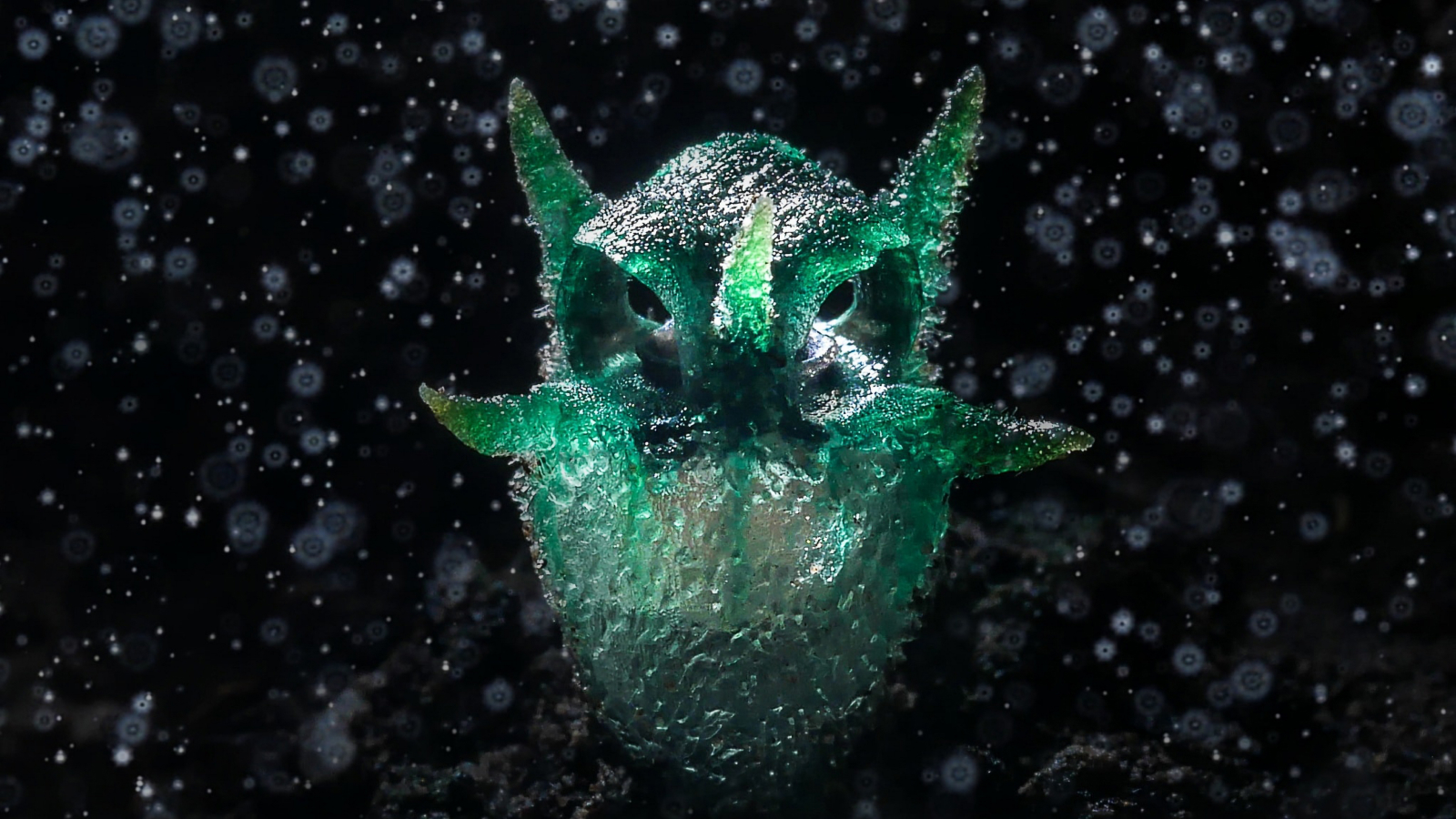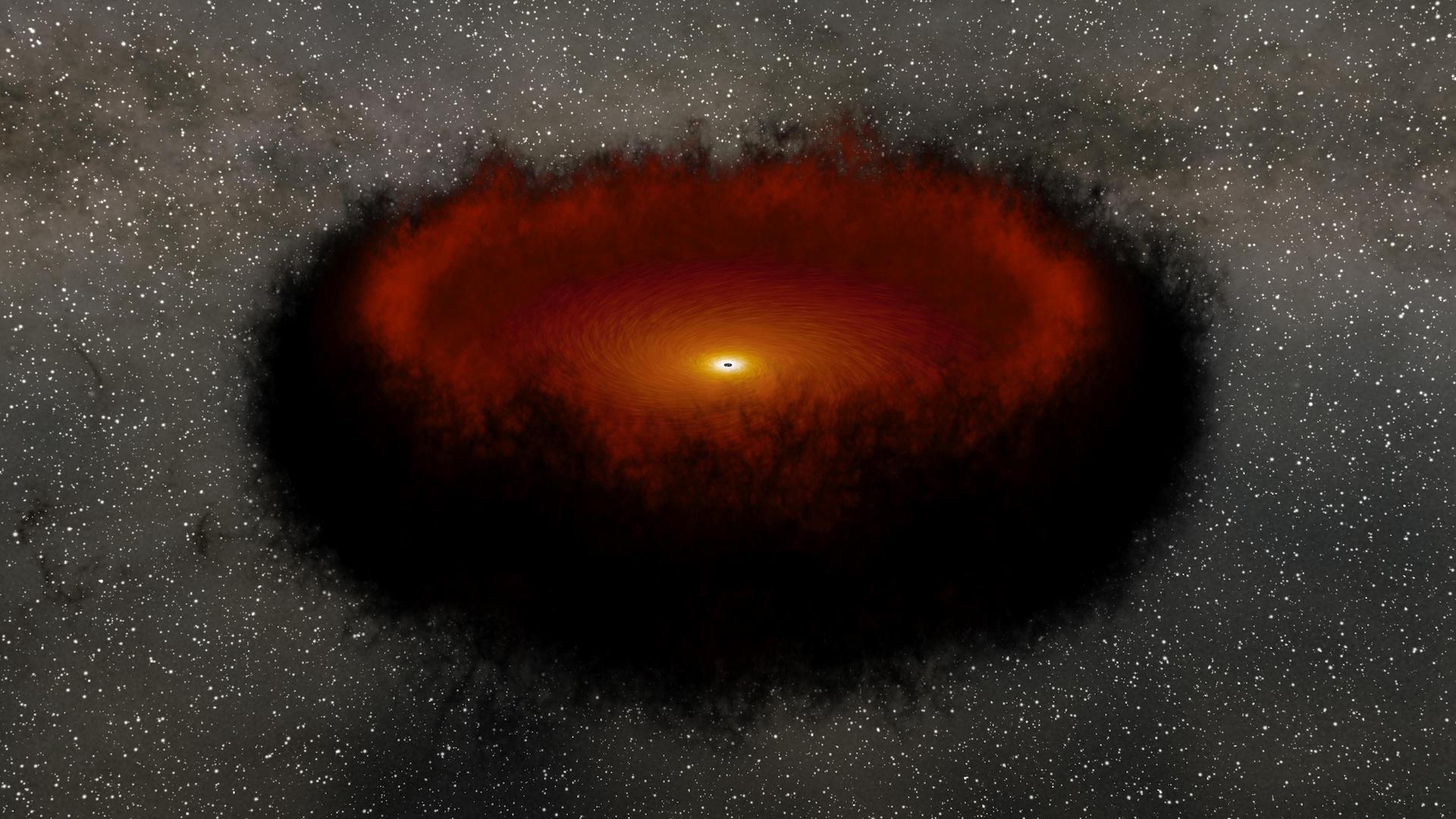Sensors, Vol. 23, Pages 8962: FT-Raman Methodology Applied to Study the Effect of Time and Type of Seasoning in the Crafting of Sherry Casks® Used in the Aging of Brandy De Jerez
Sensors doi: 10.3390/s23218962
Authors: María Guerrero-Chanivet Dominico A. Guillén-Sánchez Manuel José Valcárcel-Muñoz M. Valme García-Moreno Ofelia Anjos
Brandy de Jerez is a grape-derived spirit produced in Southern Spain with specific characteristics that come from the casks where it is produced, which must have previously contained some type of Sherry wine for at least 12 months. These casks are known as Sherry Cask®. In this work, Brandies de Jerez aged for different aging times (0, 3, 6 and 12 months) in casks seasoned with three different types of Sherry wines (Fino, Oloroso and Amontillado) have been studied. The samples have been analyzed using FT-Raman spectroscopy, and their chemical characterization has also been realized by studying their total content of organic acid, volatile compounds, and phenolic and furanic compounds. Their chemical study showed that the main differences between the studied samples were due to the duration and the type of seasoning performed. However, the spectra obtained through FT-Raman presented noticeable differences according to cask seasoning time and the Sherry wine used for the process. A PCA (Principal Component Analysis) confirmed that the Brandies de Jerez presented significant differences depending on the seasoning time and type that the casks were subjected to. A PLS-R (Partial Least Squares Regression) study enabled establishing a close correlation between specific regions of the FT-Raman spectra and cask seasoning time.

 6 months ago
21
6 months ago
21


